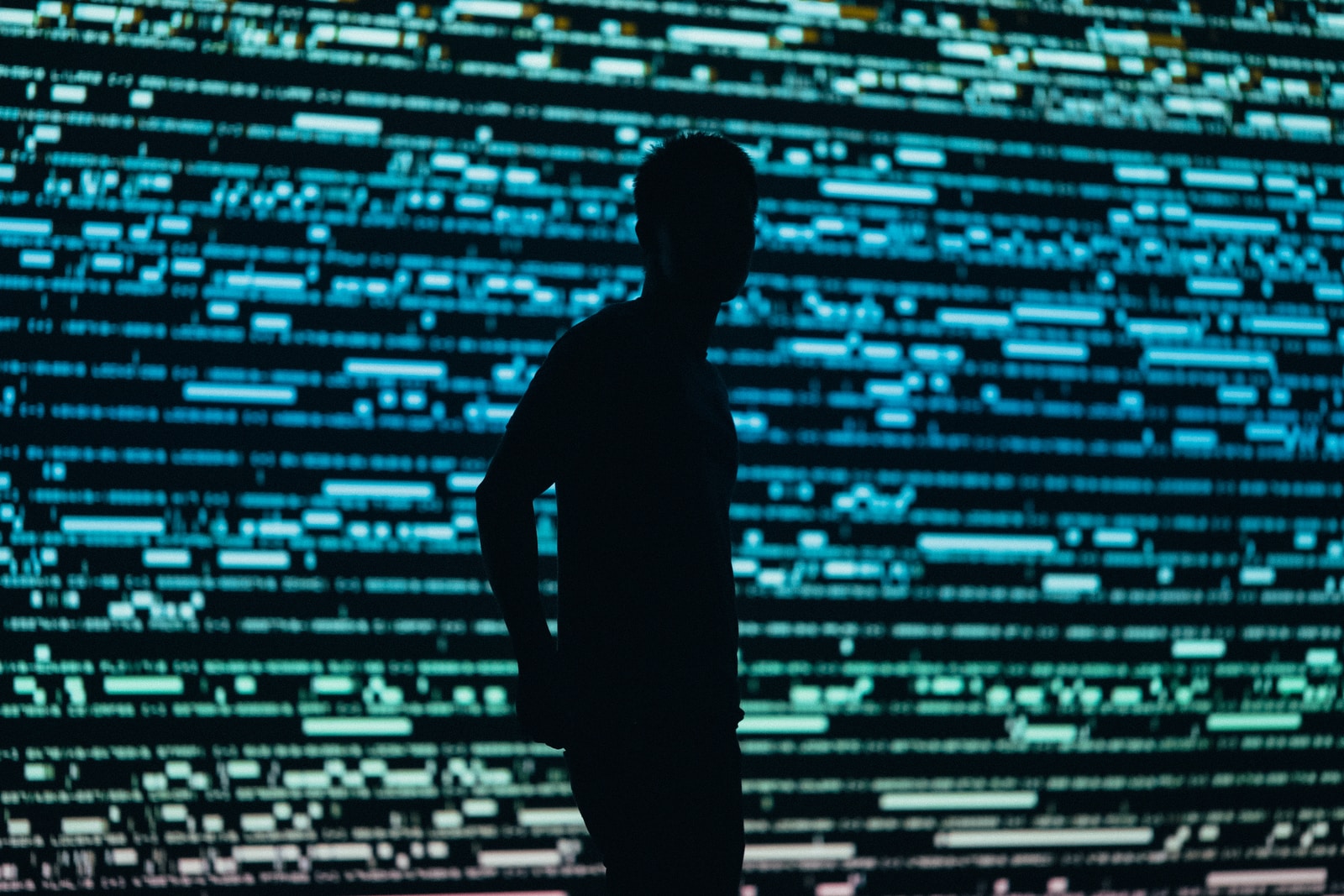No. You are not delusional, all those devices are spying on you.
You’re down the pub talking about some crazy interest of yours and then you go back home and open your commonly used apps and wow—they are showing you adverts for that exact crazy interest you were talking about.
It seems just like a spooky coincidence- maybe you accidentally clicked on something. You are not the only one—a lot of people experienced similar stories.
But, no, no and no. It is not a sci-fi story, you are not paranoid, you haven’t clicked on something and no- there is no such thing as coincidence.
And finally YES- your devices are listening to you.

Who are those intruders accessing you microphones and cameras?
Well, those would be — apps you are using every day: Facebook, Twitter, LinkedIn, WhatsApp, SnapChat, Instagram, Viber.
In 2017, Felix Krause explained what app can do when user grants an app access to their microphone or camera:
- Access both the front and the back camera.
- Record you at any time the app is in the foreground.
- Take pictures and videos without telling you.
- Upload the pictures and videos without telling you.
- Upload the pictures/videos it takes immediately.
- Run real-time face recognition to detect facial features or expressions.
- Livestream the camera on to the internet.
- Detect if the user is on their phone alone, or watching together with a second person.
- Upload random frames of the video stream to your web service and run a proper face recognition software which can find existing photos of you on the internet and create a 3D model based on your face.
Surveillance Program
Edward Snowden revealed an NSA program called Optic Nerves, which represents a bulk surveillance program under which they captured webcam images every five minutes from Yahoo users’ video chats and then stored them for future use.
Hackers
Hackers can also gain access to your device with extraordinary ease via apps, PDF files, multimedia messages and even emojis.
The Metasploit app on the ethical hacking platform Kali uses an Adobe Reader 9 (which over 60% of users still use) exploit to open a listener (rootkit) on the user’s computer. Then you can alter the PDF with the program, send the user the malicious file and when they open it – you have total control over their device remotely.
Once a user opens this PDF file, the hacker can then:
- Install whatever software/app they like on the user’s device.
- Use a keylogger to grab all of their passwords.
- Steal all documents from the device.
- Take pictures and stream videos from their camera.
- Capture past or live audio from the microphone.
- Upload incriminating images/documents to their PC.
Shops and streets
And, if it’s not enough that your phone is tracking you – surveillance cameras in shops and streets are tracking you, too.
IoT
And yes – there is more… As people increasingly buy and install smart devices in their homes, all those cheap interconnected devices create new security problems for individuals and society as a whole.
The number of these “internet of things” devices is climbing into the tens of billions. They’re creating an interconnected world with the goal to make people’s lives more enjoyable, productive, secure, and efficient. But those very same devices, many of which have no real security protections, are also becoming part of what are called “botnets,” vast networks of tiny computers vulnerable to hijacking by hackers.
Read more: Security Land Topic
Games: ‘Fortnite’ security flaw let hackers spy on players through microphones
And yes – all those games … Fortnite is the most popular video game in the world, and with that popularity comes the threat of cyber attacks designed to steal users’ personal information and gain access to their accounts.
The latest vulnerability found in the game, however, let hackers spy on players using their computers’ microphones.
As Dylan Curran said: “How would we feel if someone were standing outside our bedroom window, staring in through the curtains. The most common response would be to call the police. However, what do we do when everyone is being monitored? We shake our head, and try to forget it’s happening. Try to go on with our lives and ignore the constant nag that we’re being watched.
If this article achieves anything, I hope it teaches you digital mindfulness. ”

